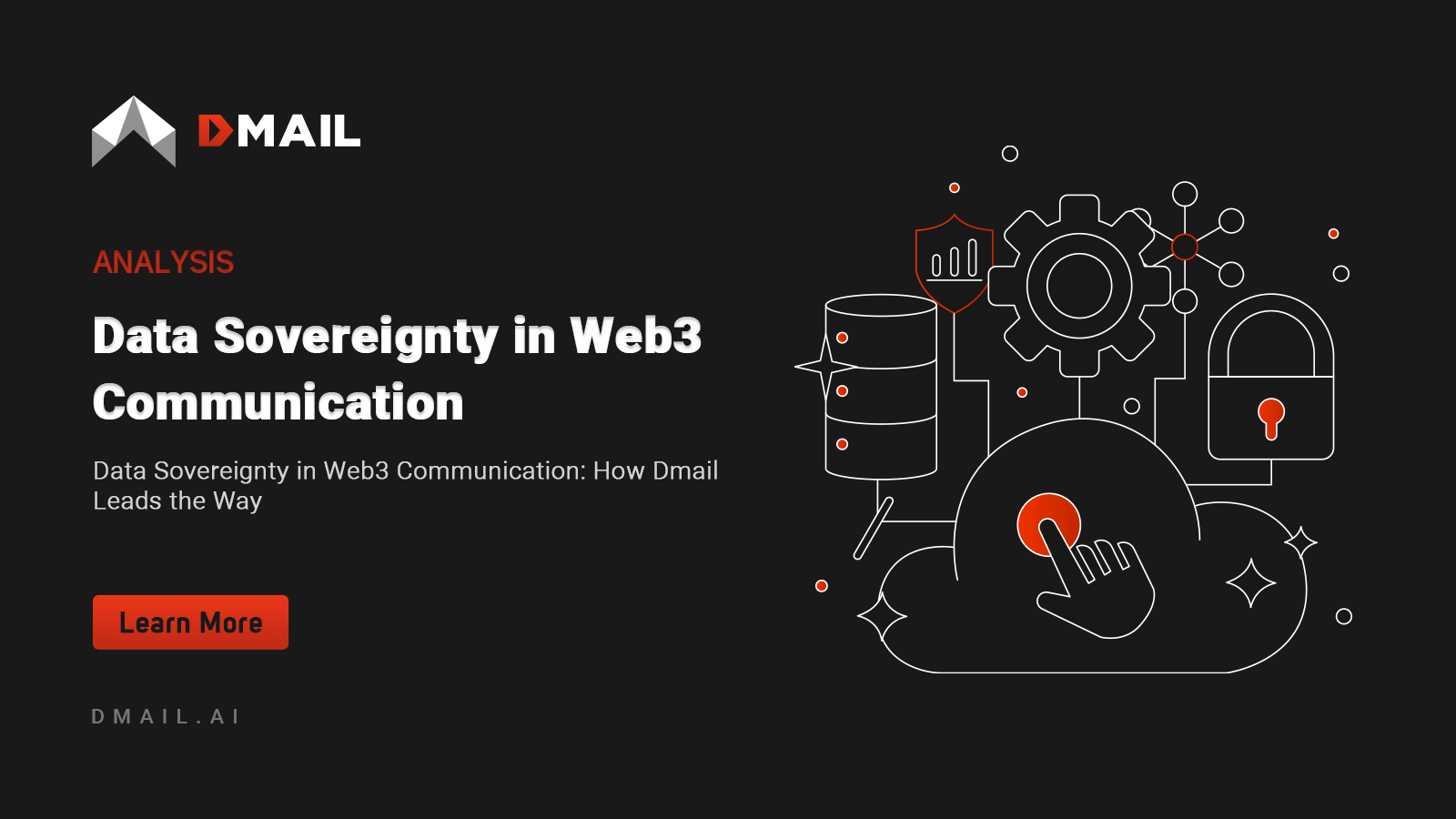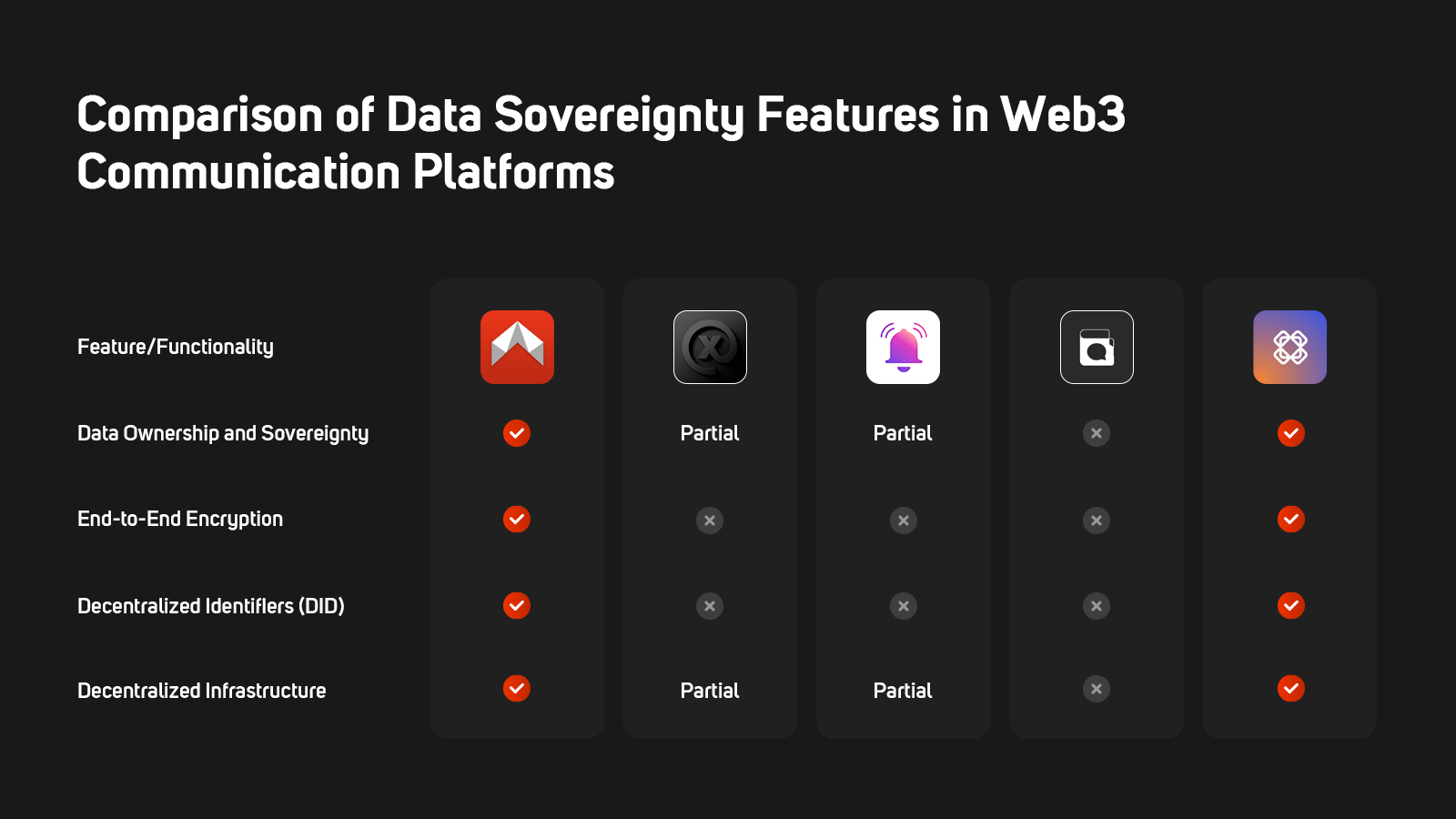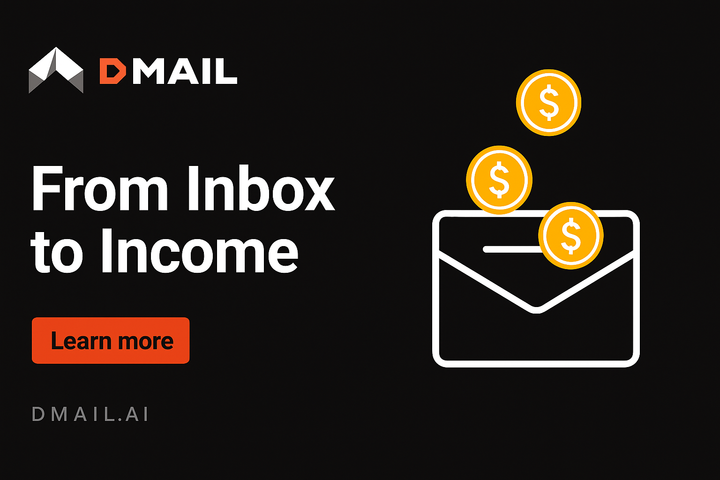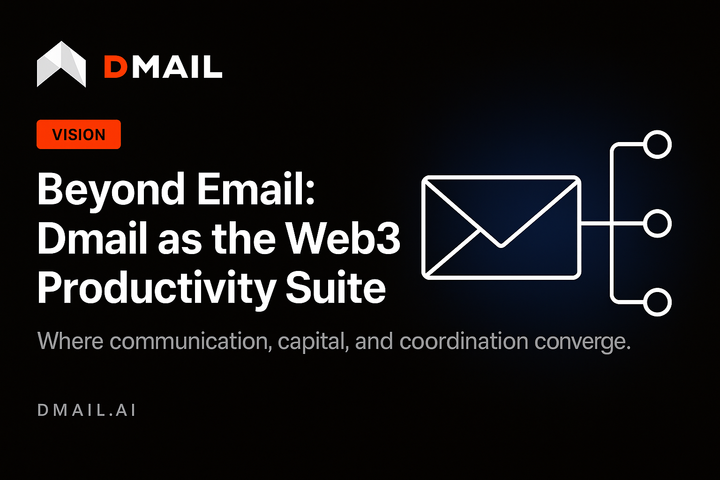Data Sovereignty in Web3 Communication: How Dmail Leads the Way
Communication platforms must prioritize data sovereignty to uphold the decentralized ethos of the internet. Among its peers, Dmail Network leads the way with robust data ownership tools, end-to-end encryption, and decentralized infrastructure.

As Web3 evolves, data sovereignty—the ability for users to own and control their data—has become a core principle. In a decentralized internet, communication platforms must uphold this value, ensuring users maintain full authority over their messages and information. While several platforms address aspects of data security and decentralization, few provide comprehensive data sovereignty. Here’s a closer look at how Web3 communication platforms compare, with Dmail Network emerging as a leader.
What is Data Sovereignty?
Data sovereignty in Web3 refers to user ownership and control of their data, free from reliance on centralized entities. It emphasizes:
- Ownership: Users retain exclusive rights to their data.
- Control: Users decide how their data is stored, shared, and accessed.
- Security: Data remains private and protected through encryption and decentralized storage.
Comparison of Data Sovereignty Features in Web3 Communication Platforms

Why Dmail Stands Out
Comprehensive Data Sovereignty
Dmail Network ensures users have complete control over their data through:
- Decentralized Infrastructure: Data is stored in decentralized systems, ensuring it is not vulnerable to centralized breaches or censorship.
- End-to-End Encryption: All communications are encrypted, protecting data from unauthorized access.
- DID Integration: Dmail uses Decentralized Identifiers, which empower users with verifiable and self-owned digital identities.
Cross-Chain Support
With integration across 35 blockchains, Dmail enables users to communicate seamlessly across ecosystems while maintaining full ownership of their messages.
User-Centric Features
Dmail’s focus on data sovereignty complements its broader feature set, including:
- Wallet-to-wallet messaging.
- Mail-to-Earn incentives.
- Integration with over 500 dApps via its Subscription Hub.
How Other Platforms Compare
- Mailchain: Provides similar data sovereignty features with end-to-end encryption and decentralized infrastructure. However, it lacks Dmail’s scale, cross-chain integration, and ecosystem reach.
- XMTP and Push Protocol: Offer partial sovereignty features, such as encrypted messaging and decentralized storage, but fall short in providing user-controlled identities or comprehensive infrastructure.
- WalletChat: Focuses on basic wallet-to-wallet messaging without addressing data sovereignty.
Conclusion
Communication platforms must prioritize data sovereignty to uphold the decentralized ethos of the internet. Among its peers, Dmail Network leads the way with robust data ownership tools, end-to-end encryption, and decentralized infrastructure. By empowering users with full control over their communication, Dmail is not only setting the standard for Web3 communications but also redefining how data sovereignty should be implemented.
If you’re looking for a Web3 communication platform that truly prioritizes your data ownership, Dmail Network is the clear choice.

Connect with Dmail: Website | Twitter | Discord | Github | Telegram





Comments ()